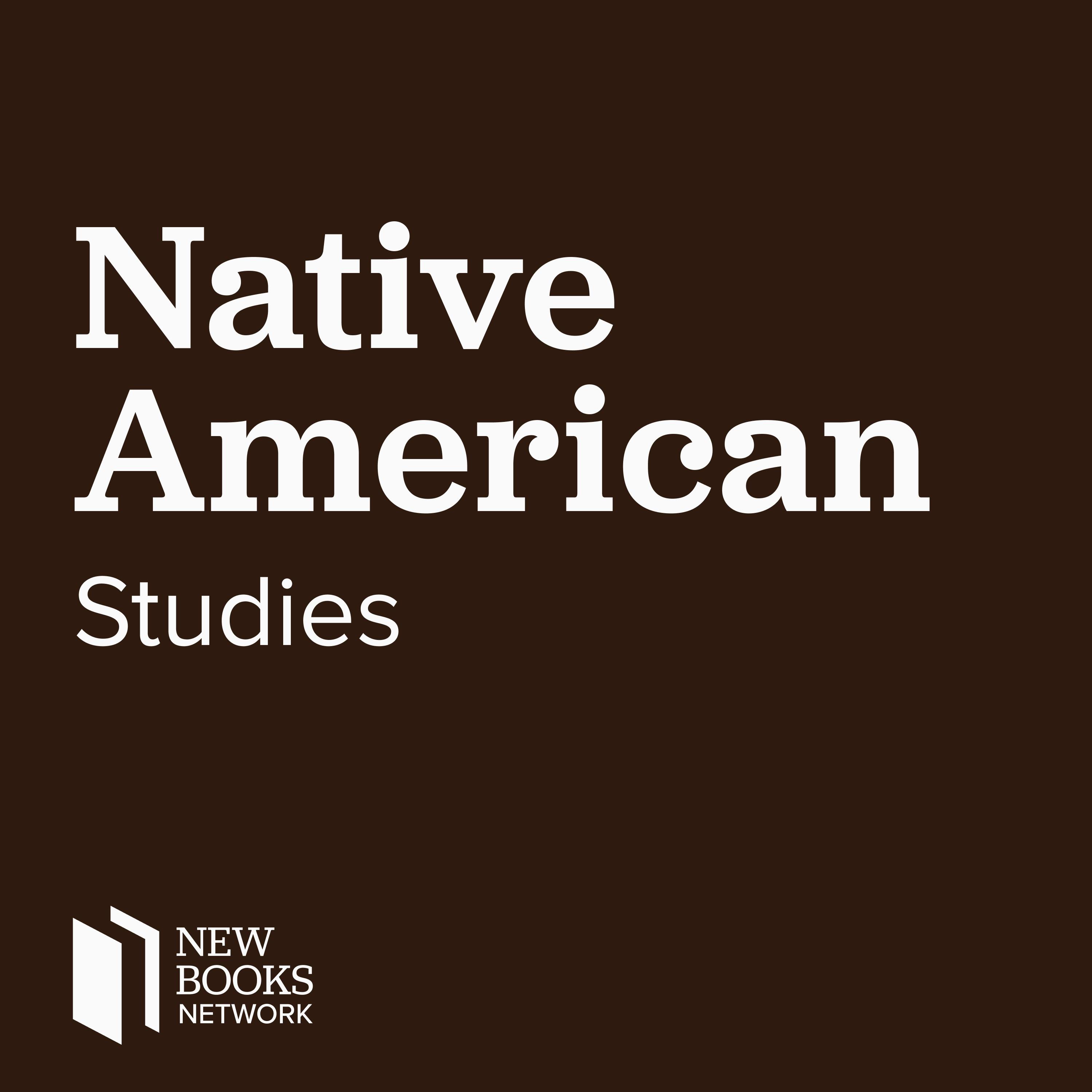John H. Cable, "Southern Enclosure: Settler Colonialism and the Postwar Transformation of Mississippi" (UP of Kansas, 2023)
Description
Historians of the American South have come to consider the mechanization and consolidation of cotton farming—the “Southern enclosure movement”—to be a watershed event in the region’s history. In the decades after World War II, this transition pushed innumerable sharecroppers, tenant farmers, and smallholders off the land, redistributing territory and resources upward to a handful of large, mainly white operators. By disproportionately displacing Black farmers, enclosure also slowed the progress of the civil rights movement and limited its impact.
Dr. John Cable’s Southern Enclosure: Settler Colonialism and the Postwar Transformation of Mississippi (University Press of Kansas, 2023) is among the first studies to explore that process through the interpretive lens of settler colonialism. Focusing on east-central Mississippi, home of the Mississippi Band of Choctaw Indians, Dr. Cable situates enclosure in the long history of dispossession that began with Indian Removal. The book follows elite white landowners and Black and Choctaw farmers from World War II to 1960—the period when the old, labor-intensive farm structure collapsed. By acknowledging that this process occurred on taken land, Dr. Cable demonstrates that the records of agricultural agents, segregationist politicians, and the Bureau of Indian Affairs (BIA) are traces of ongoing colonization.
The settler colonial framework, rarely associated with the postwar South, sheds important light on the shifting categories of race and class. It also prompts comparisons with other settler societies (states in southern and eastern Africa, for instance) whose timelines, racial regimes, and agrarian transitions were similar to those of the South. This postwar history of the South suggests ways in which the BIA’s termination policy dovetailed with Southern segregationism and, at the same time, points to some of the shortcomings of the burgeoning field of settler colonial studies.
This interview was conducted by Dr. Miranda Melcher whose new book focuses on post-conflict military integration, understanding treaty negotiation and implementation in civil war contexts, with qualitative analysis of the Angolan and Mozambican civil wars.
Learn more about your ad choices. Visit megaphone.fm/adchoices
Support our show by becoming a premium member! https://newbooksnetwork.supportingcast.fm/native-american-studies
More Episodes
In Cattle in the Postcolumbian Americas: A Zooarchaeological Historical Study (University Press of Florida, 2024), Nicolas Delsol compares zooarchaeological and material evidence from sites across Mesoamerica and the Caribbean to show how the introduction of cattle, beginning with imports by...
Published 10/28/24
The Shawnee leader Tecumseh came to prominence in a war against the United States waged from 1811 to 1815. In 1805, Tecumseh's younger brother Lalawethika (soon to be known as "the Prophet") had a vision for an Indian revitalization movement that would restore Native culture and resist American...
Published 10/14/24
Walls profoundly shape the spaces we live in and the places we move through, impinge on our everyday lives, and entangle power relations, identity, and hierarchies. Walled-In: Arctic Housing and a Sociology of Walls (Lexington Books, 2024) explores these effects in the context of Arviat,...
Published 10/11/24


